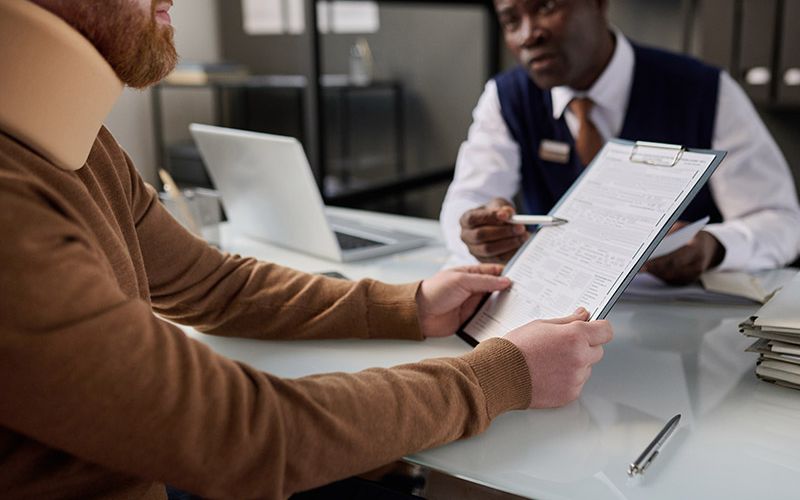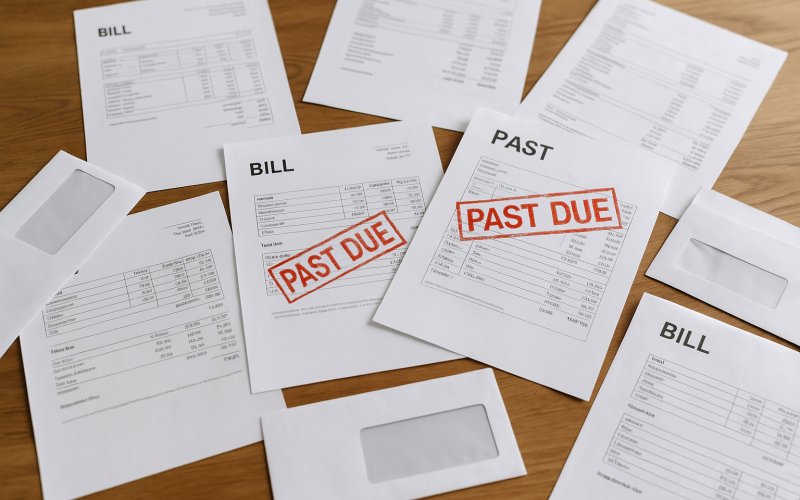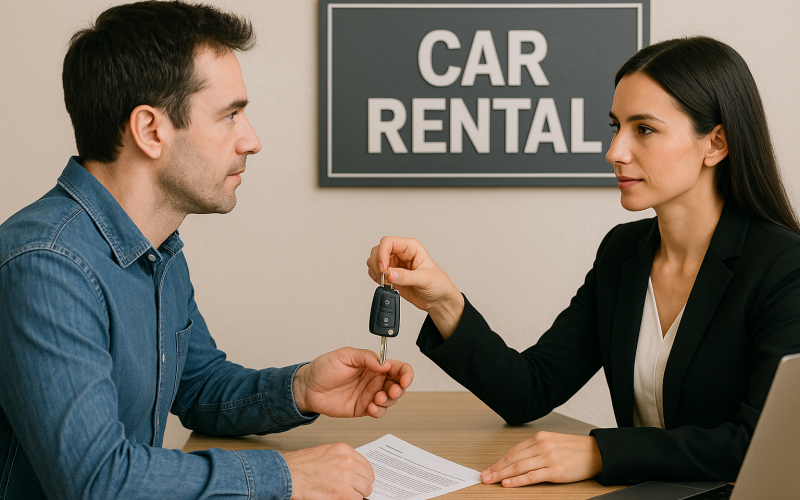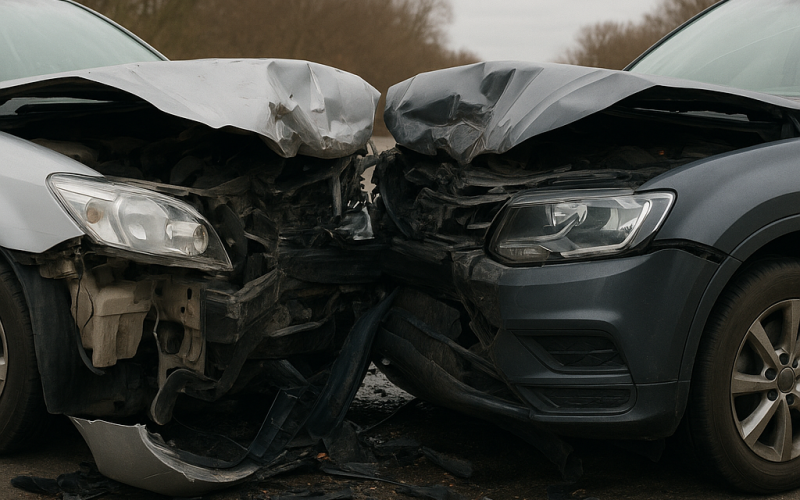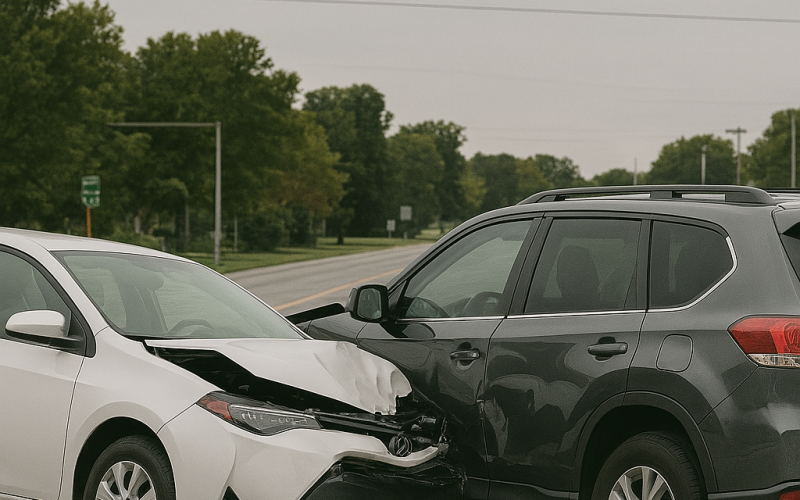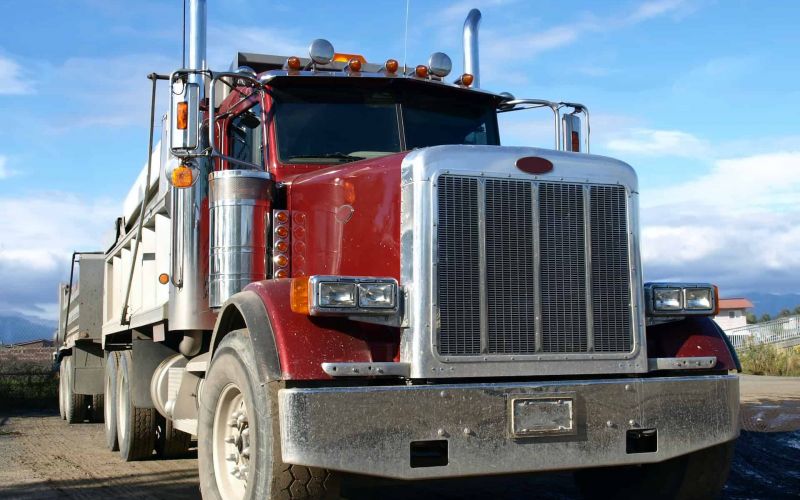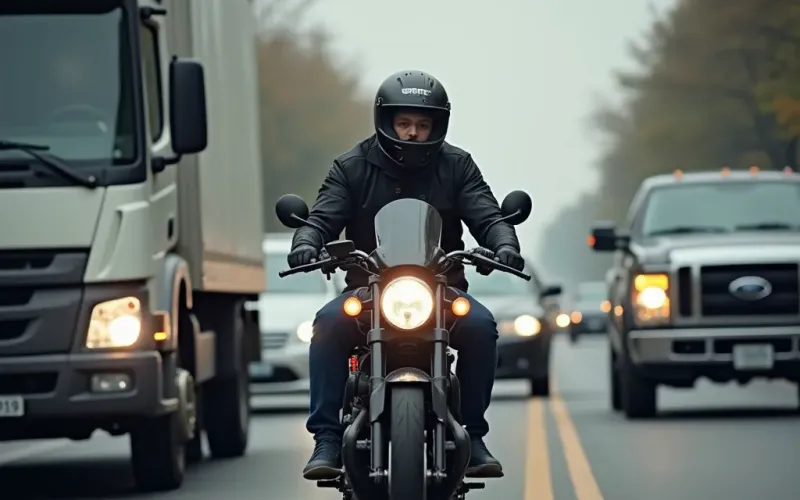What Should You Do After an Accident in a Company Car?
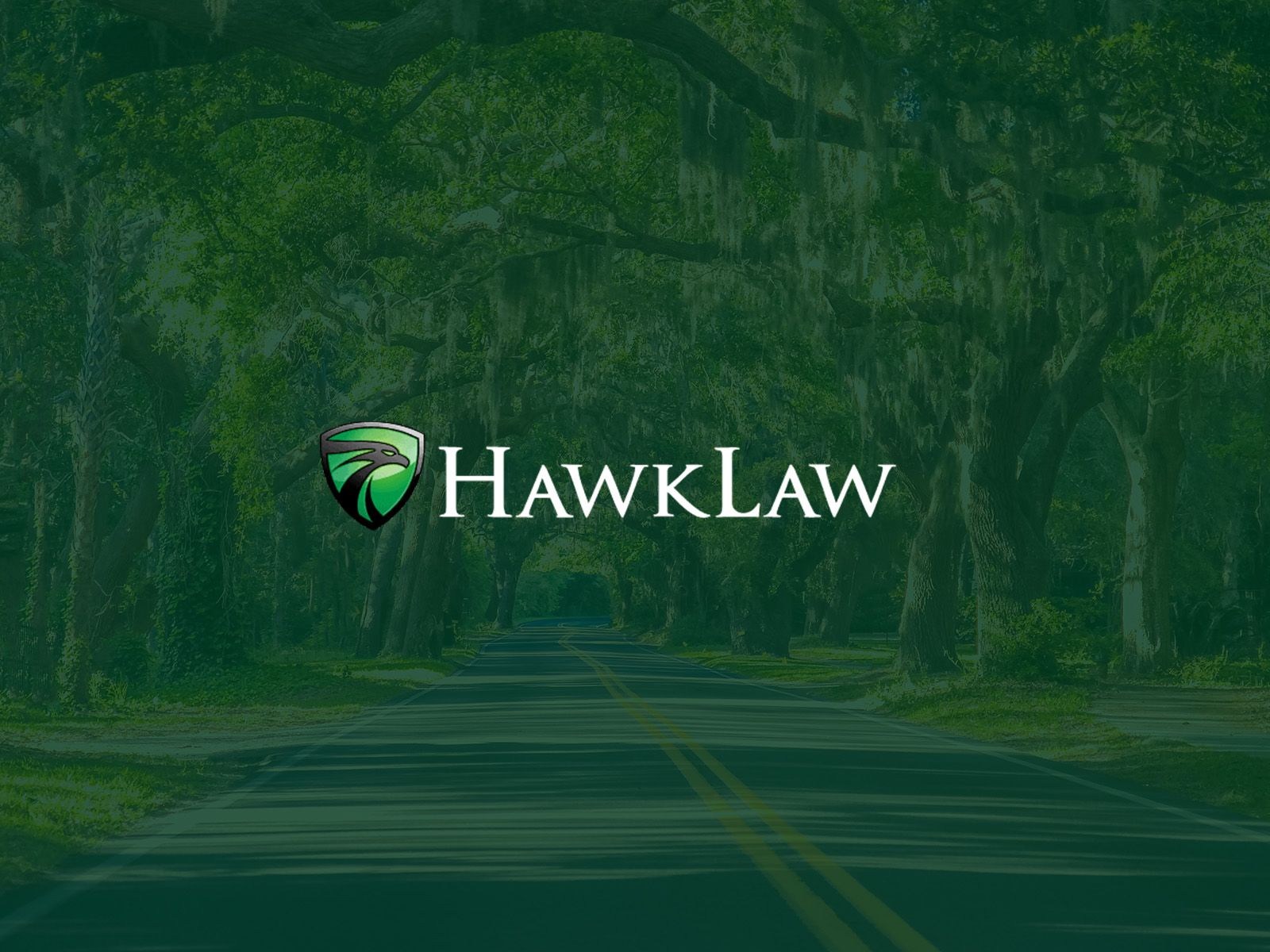


After an auto accident, your entire life can change in the blink of an eye. When it happens on the job, the concerns you have increase. Your employer’s insurance under workers’ compensation may not cover all your medical bills and other costs, or you may be denied insurance coverage altogether. Laws involving car accidents are confusing and can be complicated, and now you have to figure out how driving a company car affects your compensation and fault in the accident.
An experienced car accident lawyer at the law firm of HawkLaw, P.A. can help you through this difficult time with legal advice and representation. We can negotiate with the insurance company and stand by your side to represent your interests. We will fight every step of the way to get you the full and fair compensation you deserve.
What Should You Do After a Car Accident in Your Company Vehicle in South Carolina?
If you are in a South Carolina motor vehicle accident while on the job, the steps you should take are largely the same as in any accident. Exchange contact information and car insurance information with the other driver, call first responders to make sure everyone at the scene gets medical attention, and make sure that the police get the driver’s license and other information from all involved drivers.
File a police report and document the scene in as much detail as possible to gather evidence that might be needed later. Additionally, you need to make sure that you also report the accident to your boss. The company’s insurance policy and its company policy regarding employees very likely require this to smooth out the process for workers’ compensation.
Naturally, after you report the accident, the first thing you should do is contact a personal injury attorney.
Who Is Liable for an Employee’s Car Accident in South Carolina?
An important legal concept that comes into play with on-the-job motor vehicle accidents is “respondeat superior.” This legal doctrine means an employer is liable for any employee’s actions so long as the employee is acting within the scope of their employment at the time of the accident. That means if you cause an accident, your employer is responsible. It’s also called “vicarious liability.”
Vicarious liability means the ability to hold someone accountable for the actions of someone else. In this case, the employer is responsible for the employee’s actions much as a parent might be responsible for the acts of a minor child. It’s enough to know that you might hear the terms vicarious liability and respondeat superior used interchangeably.
The benchmarks to determine vicarious liability cover such things as running errands for work, traveling to and from client appointments, going to training or meetings, or driving anywhere you have been directed to by your employer.
Even if you’re using a personal car and not a company car, your employer may be responsible, so long as you were using the vehicle to perform normal work duties. Heading to a client’s office for a business meeting on the company’s behalf, for example, applies as a normal work duty even if you are using your own vehicle.
Are There Any Exceptions to Vicarious Liability in South Carolina?
There are exceptions to vicarious liability. If you are not performing normal work duties at the time of the crash, your boss may not be responsible. If, for example, you are engaged in personal business or running personal errands outside of your normal work duties, then you hold responsibility, even if you are using a company car.
Vicarious liability also does not apply during your commute. If you’re going to or from work, your employer isn’t responsible for you. If you stop off somewhere, like to grab lunch or a coffee on your way to or from a meeting, or go anywhere you were not expressly told to go, you are not covered by your employer. Basically, any driving that’s outside of the scope of your employment is not covered by respondeat superior.
Independent contractors may be another exception to vicarious liability. This can depend on the nature of your employment contract and your specific job duties, but often, an independent contractor is responsible for their own actions.
Another exception involves illegal activity. Even if you are engaged in company business, for example, if you’re found to be driving under the influence of alcohol or drugs, your employer may be able to pass responsibility onto you.
Finally, some companies will have employees sign release forms that indemnify the employer from responsibility for car crashes.
Vicarious liability doesn’t necessarily mean that you don’t hold any responsibility for an accident. In some cases, both the driver and the company may be held responsible. For example, if a delivery driver loses control of their truck while making deliveries and smashes through the living room of a home, the homeowner can potentially file a suit against both the driver and company for things like property damage, personal injury, pain and suffering, medical bills, lost wages, and even wrongful death if they lose a loved one.
Fault and the Company Car Crash
While your employer cannot require you to pay damages for an accident during your normal work duties, the victim may under certain conditions be able to file against both the employer and the employee. In the end, however, your company’s vehicle accident insurance policy will usually cover damages caused by employees in covered accidents. This can be where gray areas come into the picture. If an accident isn’t “covered” under the insurance policy, the employee may find themselves in a sticky situation. Even worse, insurance companies often look for reasons to deny a claim, including dismissing the case as not covered.
Comparative negligence laws apply as well, meaning the person filing the lawsuit will see their award reduced by the amount of fault they hold. In South Carolina, the law also states that if the victim is more than 50% responsible, they cannot receive any damages for the accident whatsoever. Sometimes, drivers try to hold employers accountable because they think they’ll get more money out of the accident, a tactic colloquially referred to as “looking for deep pockets.”
This is partially why it’s so important to have a qualified and experienced attorney in your corner. The right lawyer knows how to go over insurance policies and procedures to represent your interests and protect you in these circumstances.
What If You’re Not at Fault?
If you’re not at fault for the car accident, the process will proceed much like any other car accident. You’ll exchange information with the other driver and file an accident claim, and the responsible party will be accountable. Your employer’s insurance company will pursue compensation for property damage to the vehicle separately.
Can You Receive Workers’ Compensation After a Company Vehicle Accident in a Company Car?
In general, workers’ compensation will apply when you’re in a car accident while using a company vehicle and performing normal work duties. If, however, you are engaged in illegal or negligent activities, like performing personal errands on company time, using illicit substances, or acting in an unreasonably careless manner, the insurance company may deny workers’ comp.
In fact, insurance companies often look for reasons to deny workers’ comp claims. This is yet another reason why it’s such a good idea to have competent representation from a personal injury lawyer as you try to get compensated for the injuries you’ve suffered.
Do I Need an Attorney for a Company Vehicle Accident?
There is no law in South Carolina requiring you to have a car accident attorney after a company vehicle accident. It is, however, always a good idea to have an experienced and competent legal team in your corner to represent your interests. The right lawyer knows, for example, whether you’ll need to report the accident to your private insurer (probably not, if the company’s vehicle accident policy covers it). They understand what happens after a company car accident and how to best proceed.
Are You Stressed About Your Accident With a Company Car?
If you have been in a car crash involving a company car, a car crash attorney at HawkLaw, P.A. can be your best ally in protecting your rights. Get in touch with us at 888-HAWKLAW or use our easy online contact form to talk with an experienced personal injury lawyer today. HawkLaw fights to win! Disclaimer: Not everyone is qualified for a free consultation.* Get in touch to find out if you qualify today.
John D. Hawkins
John Hawkins is the Founder and CEO of HawkLaw He has been licensed to practice law in South Carolina since his graduation with honors in 1994 from the University of South Carolina School of Law, where he was on the Law Review and Order of Wig and Robe.
-
$3,000,000*SettlementTrucking Accident
-
$1,005,000*SettlementCar Accident
-
$575,000*SettlementPersonal Injury
"*" indicates required fields



